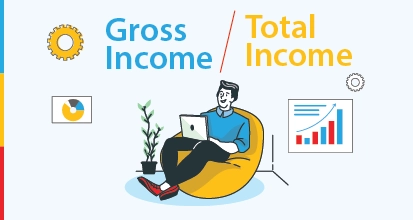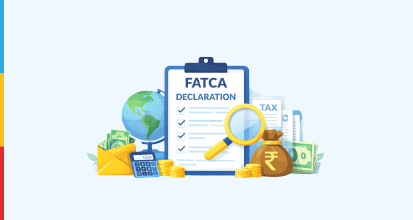- Life Insurance: A contract that provides financial protection to beneficiaries in exchange for regular premium payments
- E-commerce Market: A digital marketplace where goods and services are bought and sold online
- Royalties: Payments made to the owner of an asset for the ongoing use of their intellectual property or resources
- CGST: Central Goods and Services Tax collected by the Central Government on intra-state supplies
- SGST: State Goods and Services Tax collected by the State Government on intra-state supplies
Written by : Knowledge Center Team
2025-11-24
8048 Views
7 minutes read
Share








